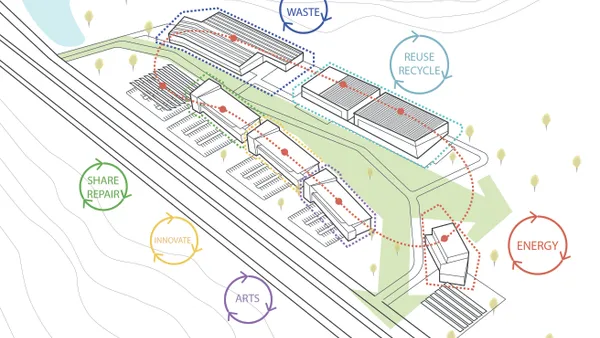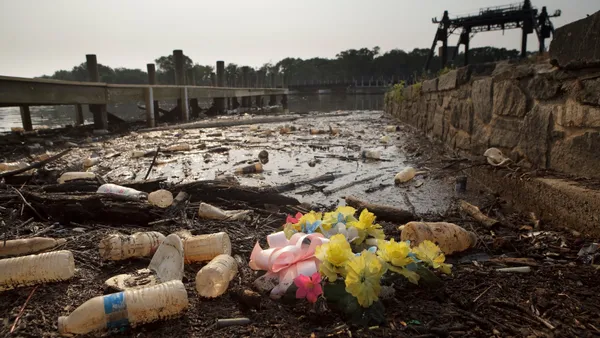Dive Brief:
- Massachusetts has become the first state in the country to require drug companies to provide a means for consumers to safely dispose unwanted medications. This law comes six months after President Barack Obama signed legislation allowing states to create such take-back programs for prescription and over-the-counter medications.
- The law is intended to give the state a way to keep drugs from getting flushed or tossed in the trash, and to ultimately divert from waterways and drinking water as well as prevent drug abuse and accidental drug ingestion-related harm.
- Six California counties and one in Washington require pharmaceutical companies to pay for collection of unwanted prescription drugs, and the Massachusetts Department of Public Health will look toward those models to develop its own regulations and means to implement the law.
Dive Insight:
"Pharmaceutical pollution" is becoming a buzz term among environmental and public health communities. About one-third of prescription and over-the-counter medications are going unused, generating a need to address their safe disposal and reverse the current trend, which is to toss over $1 billion in wasted drugs in the trash, flush them, or stash them in medicine cabinets yearly.
Drug take-back programs are intended to prevent these potentially dangerous products from making their way into waste streams.
"This law will save money for Massachusetts governments, which traditionally bear the burden of paying for proper disposal. It will also cover the cost of safe medication disposal, including at local pharmacies that are pillars of our communities," said Scott Cassel, chief executive officer of the Product Stewardship Institute.
SWANA wants to see other stakeholders follow in suit.
"As an organization, we support efforts that minimize the health, safety, and environmental impacts of improperly disposing of any product, especially something as easily mishandled as prescription drugs. We encourage suppliers, retailers, local governments, and consumers, as well as manufacturers to actively participate in systems to recover unused medications," said SWANA CEO David Biderman.
Moving forward, Los Angeles County, CA and Cook County, IL may be the next municipalities to implement ordinances to set up financed medication take-back programs.












